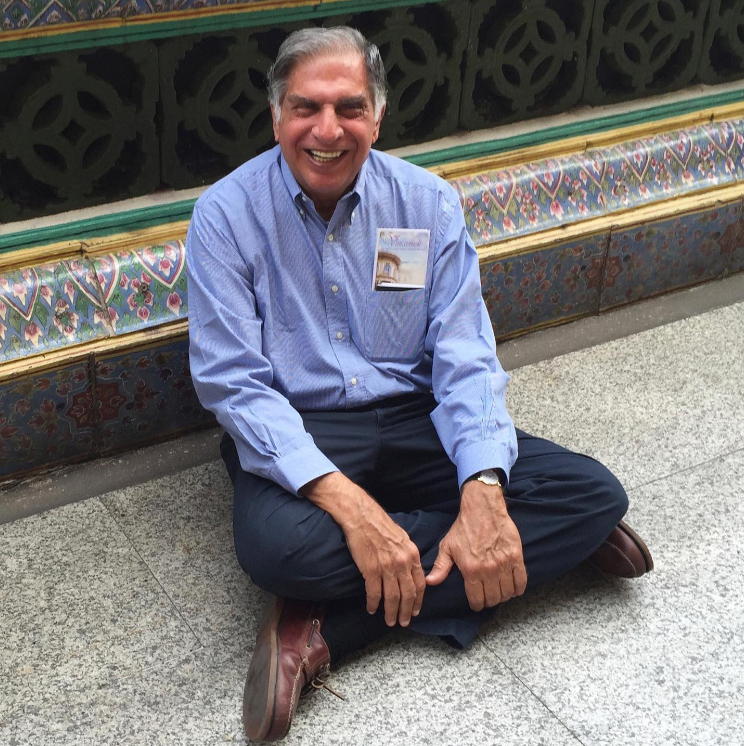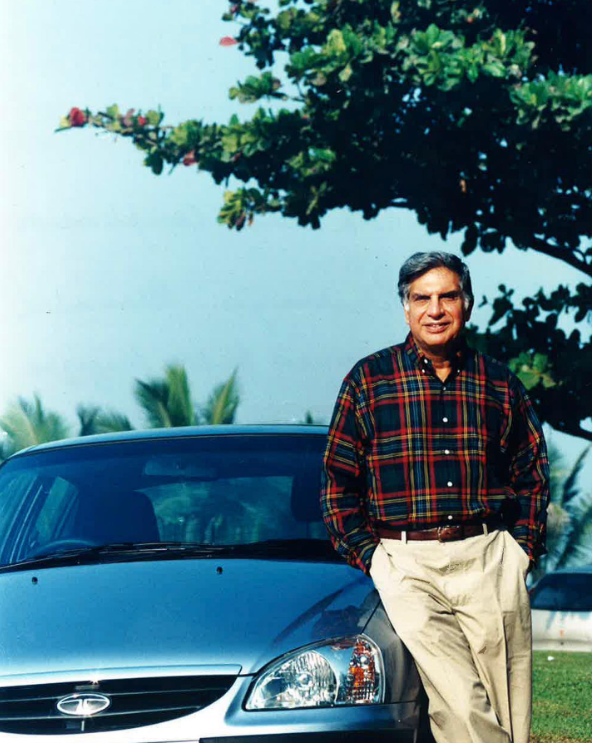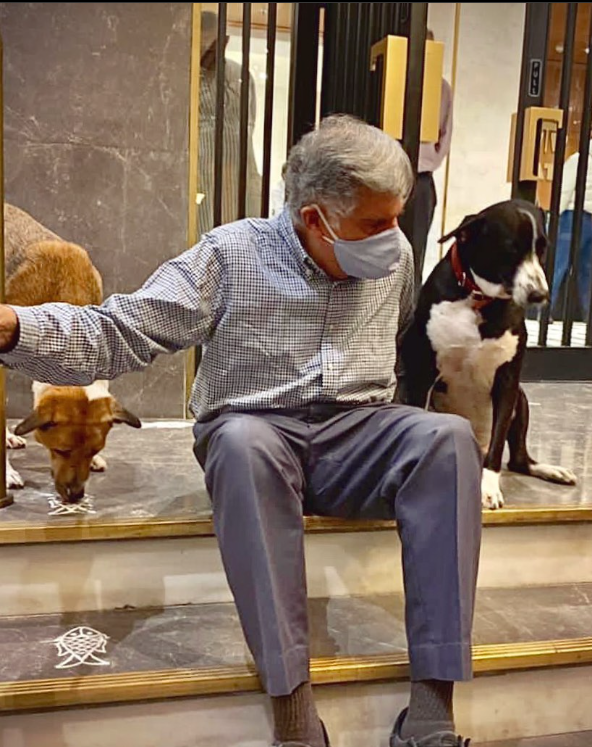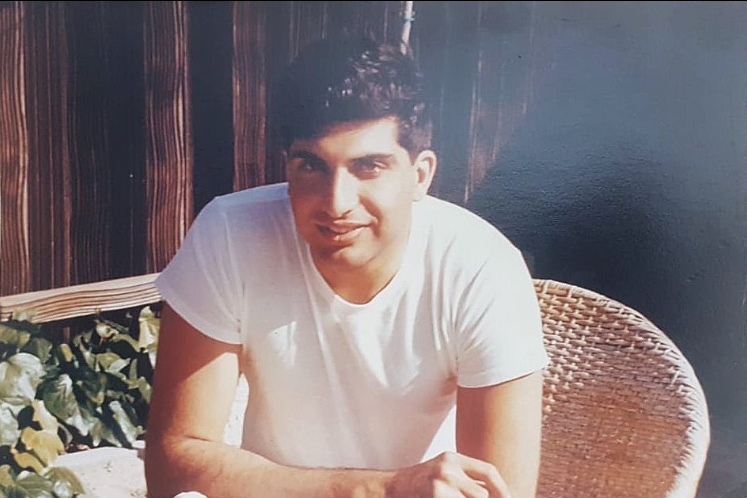Navaratri is a celebration of gaiety, piety and victory in the worship of Bhagavati. Devi is worshipped as Saraswati, Mahalakshmi, Durga and Lalita Tripurasundari on all days, while being worshipped in her different manifest forms on each of these nine days. Briefly, based on a limited culling from the expansive Hindu scriptures, these forms are – Shailaputri, Brahmacharini, Chandraghanta, Kooshmanda, Skandamata, Katyayani, Kaalaratri, Mahagauri and Siddhidatri. The culminating 10th day, which is celebrated as Dussehra, is when Durga slayed the demon Mahishasura at the end of a long-drawn-out battle. Dussehra is actually a colloquial corruption of the Sanskrit word Dasha Hara, which means defeat or removal of ten negative traits – ahankara (ego), amanavta (cruelty), anyaaya (injustice), kama vasana (lust), krodh (anger), lobha (greed), mada (pride), matsarya (jealousy), moha (attachment) and swartha (selfishness). Hence, Dasha Hara is also called Vijayadashami, meaning victory over these bad qualities.
The Saptami (the seventh day) of this Navaratri, which was the 9th of October, was a day of joy and sorrow for me. My nephew and his wife saw the stork arriving with a baby boy, a source of great joy for the family and me too. A few hours later, out came the news of Ratan Tata passing to the celestial world, a source of great sorrow for me, although I have never met him or have worked for a Tata company ever and have only seen him and heard him speak at some business forum or the other.
Yes, of course, there was a surfeit of posts on that day, and thereafter too, from thousands, if not lakhs, each talking about how their lives had been impacted in one way or the other directly or indirectly by Ratan Tata. When a man of glory passes, there will be an outpouring of emotions, anecdotes and apocrypha, from many genuine and a few basking in reflected glory with tenuous connects. After all, everyone owns in private and feels close to, a public persona who has impacted millions, as did the earlier carriers of the illustrious Tata surname. It’s but a reflection of the deep respect and regard for a business titan, who never was a billionaire personally, but moved billions by his sheer actions of social good.
In this swathe of elegies and paeans flooding the social media, some posts on the 10th of October caught my attention. Digest these pithy messages; perhaps nothing can capture better the essence of the eponymous persona :
Facebook : “Icons may pass, but live on.”
LinkedIn : “An icon may pass, but lives on. An epitome par excellence, not just for those who knew him, but for the many who knew of him. A timeless Titan.”
Instagram : “No Tata bye-byes.”

For as long as I can remember, ever since the age of 18 when I became eligible to invest, I have been studying all the companies in the Tata stable, as I did other business houses, to enable investment decisions. Suffice it to say, many of the Tata companies continue to be in the family portfolio, not only backed by performance and potential, but more driven by a primary belief that Tata will never let any of its stakeholders down and will be fair to them. By the way, Tata Steel, where Ratan Tata had his first shop floor experience as a scion, has been in our portfolio for decades. The trust has played out in the form of regular dividends, bonus shares and massive market capitalisation. Not just Tata Steel, but several others like Tata Power, Tata Motors, TCS, Indian Hotels, Tata Consumer Products, Tata Digital, etc. Truly, a salt to software group, quietly going abouts its way and delivering results without any fanfare, amid intense competition and challenges. Today, the Tata group ranks amongst the top, in terms of market capitalisation. This has been quite substantially, due to the bold and aggressive steps taken by Ratan Tata during his 20-odd years, between 1991 and 2012, at the helm of the Tata Group (the reins were handed over to him in 1991 by the equally, if not more venerated JRD Tata who passed in 1993) , starting from the economic liberalisation in early 1990s and becoming a global player by national and international acquisitions, notably Corus Steel (which proved to be a drain, as subsequent events showed) and Jaguar (a remarkable success) and a slew of others across frontiers. His Nano small car project fulfilled his promise of wheels to the poorer and aspirational sections at affordable prices. Come to think of it, he sunk in billions to get it up and running, all lead by his heart, only to see it getting closed later for financial prudence’s sake. His mentorship and investments in select startups in his sunset years are noteworthy for their support of entrepreneurship, much needed for our country.

As an employee of a top advertising communications company, which had several Tata companies as its client, one has been closely exposed to their impeccable respect and regard for a professional point of view, however different from theirs, and integrity of dealings. As a co-founder of a tech startup, it has been a pleasure and a comfort to have a Tata company as a key business partner. As a consumer of their several salt-to-software brands, it has been nothing but an experiential joy. The Tatas quite literally assure, bejewel, care, connect, deliver, drive , ensure, feed, insure, lodge, treat and nearly do everything else to make our lives better.
More than their omnipresence, performance and philosophy, what kept me fascinated about the Tata group over the decades, was the philanthropic objective of the Tata Sons, the holding company of the group, in which the Tata Trusts own a near 80 per cent. The trusts plough back almost all their profits and wealth into the society for social upliftment, healthcare, education, cancer treatment, geriatric care, farming and irrigation, food and water, sanitation and anything else that one can think of. Several of the NGOs, with whom I have been involved closely over the years have had and continue to have the Tata Trusts as their loyal donors for worthy causes. The other day, I read a lovely and generous tribute by the founder of one of these NGOs, of how he was encouraged and enthused by Ratan Tata, when he was beginning his ride in the social space as a fledgling 21. Volumes can be written about the Tata’s empathetic and sensitive investment in public good and it would be impossible to put a value to it. Suffice it to say, it will be Aganita or Ananta or infinite. In my simple lexicon, anyone who does any good, big or small without Apeksha, will be blessed with Dhanabhandam or coffer, several times over, setting in motion an unending chain of charity. It is not just about the care for humans, but for the mute as well. One of the last acts of kindness of Ratan Tata was the setting up of a charitable veterinary hospital for animals in Mumbai. He was repaying the kindness and friendship of the four-legged (he liked dogs and had a few of them). If the animals could speak like they did in Jataka Tales, probably one of them would have written this eulogy, rather than me. You just have to see the heartwarming video of one of his desolate pets looking haplessly at his repose body.

For sure, like any other mortal, Ratan Tata had had his share of controversies like the West Bengal Singur plant ( for the small car Nano project ) walk out, Tata Tea ULFA run-in with the Assam government, unsavoury fall out with Cyrus Mistry (now deceased) who helmed the Tata Group briefly for four years from 2012, the defamation case filed by Nusli Wadia on being ejected from the Tata Sons board due to his support to Cyrus Mistry, the Nina Radia tapes imbroglio in connection with the telecom policy and scam involving A Raja, the then telecom minister. A few others may have something unsavoury to say, but it is best dismissed as sour grapes. A canny and mature public dissects, filters and remembers the larger good of a person rather than the smaller chinks in an otherwise rock- solid armour of Ratan Tata. In any case, these controversies had either been satisfactorily closed or settled.

One may wonder at the relevance of my reference to Navaratri and Dasha Hara in an article dedicated to Ratan Tata. Quite simply, in my eyes, Ratan Tata scores a remarkable 8 out of 10, in not having at least eight of the 10 negative traits, going by his known acts and demeanour in public domain. Probably any semblance of the balance two traits may be so miniscule that Ma Durga may well overlook them and take him in her arms. There can be no one more deserving of this celestial embrace than Ratan Tata, the mark of a man extraordinaire. No paeans to this Parsi can be plenty.



